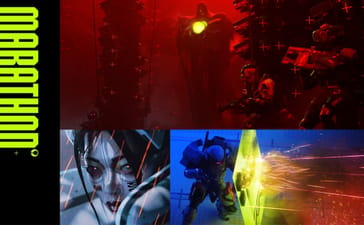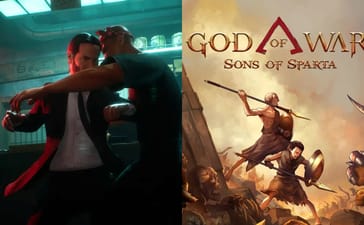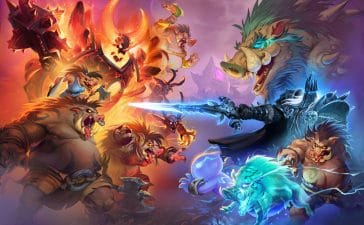Going from a fan of video games to working in the industry is, for most, a jump too intimidating to even fantasise about. That makes it all the more impressive when you see someone kick their goals and do it. Lisy Kane is one of those people; a producer been recognised as among the world’s who’s who of the industry.
Her work at Melbourne development studio, League of Geeks, specifically on 2015’s Armello, has made her an icon for aspiring enthusiasts in every corner of tech. As co-founder of Girl Geek Academy, Lisy uses her experience, wisdom and status to foster the next generation of gaming industry aficionados.
She’s even made the Forbes 30 under 30 list for gaming, which should tell you everything you need to know about trusting the career guidance she generously shared with Blunt Magazine.
How did you get your start as a video game producer?
When I was studying games at university we started to learn about different roles in a game development team and the producer role instantly clicked with me – but to get a job in this position was something I thought would be a pipe dream. After finishing university (in Brisbane), I moved to Melbourne as at the time it had 50%+ of the video game game industry. I networked, I figured out the landscape of the industry and had a chance meeting with Trent Kusters, founder of League of Geeks. Right place, right time and I applied for an Associate Producer / Community Manager job to work on early access of their debut title, Armello and the rest is history.
What does your day-to-day as a video game producer involve?
Every day starts with a sync with my production team then we launch into the project teams stand up and from there, it’s anyone’s guess. A big part of my job is making sure our projects are running on time and on budget, so I’m usually found bouncing between meetings pushing forward blockers, getting updates from the teams, problem solving with folks and anything in between. I generally set myself some high level goals for a week but they’re often quickly changed depending on the team’s needs.
Can you describe some of the more trying times you’ve experienced in your career?
I would say that I’m living it right now. We’ve moved all our team to work-from-home from March 2020 and this has been the most difficult experience as a producer of a team that’s highly collaborative and in a stage of production that needs lots of chats, meetings and decisions made. A huge part of my job is also anticipating blockers and stopping them from happening, and while we’re not all in the same physical location, I’ve lost a big part of my ability to predict them.
What are some of the biggest changes you’ve seen in the video game industry since rising in the ranks and what do you see as the current challenges it faces?
Over the past 5 years we’ve seen the rise of the platform wars, whether it’s Epic Games, Apple Arcade – indie and AAA studios alike are figuring out how to navigate this. One of the biggest challenges with this is that the player generally doesn’t have the full context on why developers take these deals so it can sometimes be seen as a negative thing (e.g. exclusivity on particular platforms).
Where should we be looking for the next big thing, both in terms of developers and releases?
The next generation of consoles are just starting, so it’ll be interesting to see how this progresses the industry forward.
No doubt many of our readers are sitting on objectively cool, original ideas for video games. The challenge of actually developing it and bringing it to life seems almost insurmountable for the uninitiated. What is your advice to them?
Do your research, there are a ton of valuable talks, podcasts, articles and more available online. Figure out what you want to achieve and why you want to develop games in the first place and use this as the lens to research.
Once you’ve refined the initial idea, what’s the next step to bringing a video game to life?
After you’ve got a base idea and figured out the game mechanics you want to use, you’ll want to aim for some kind of experience loop or even a vertical slice to show others that core game loop. This can be useful to get funding or encourage more people to join your team!
Tell BLUNT one thing about being a video game producer that most people would never guess.
Empathy and emotional intelligence are a hugely important part of this role, having the ability to know how to get the best out of your team is a massive part of my job. How do I know if someone’s hitting their burn out threshold – what are the signs and how do I get them to take a break?
What has been your favourite moment as a video game producer and why?
Most recently, being part of the process alongside with the founders of League of Geeks to secure a publishing deal with Private Division was a once in a lifetime opportunity. It was incredibly challenging, but the outcome is getting to work on a seriously ambitious project with an awesome partner!











